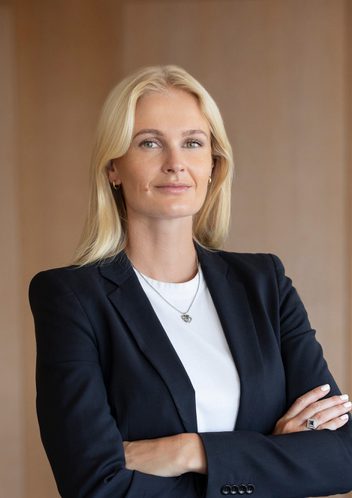
Maria Vester Weincke
Associate
Copenhagen
Newsletter
by Maria Vester Jensen
Published:
On October 9, 2024, the Danish Consumer Ombudsman published a press release according to which all content posted by professional influencers on social media must now, according to the Danish Consumer Ombudsman, comply with the Danish Marketing Practices Act, regardless of whether the post contains advertising and therefore has a commercial purpose. The same applies to influencers that specifically target children and young people under the age of 18, as they are now prohibited from posting content that contains alcohol, energy drinks, or describes dangerous situations or scenarios that disregard general safety, regardless of whether the content contains advertising or not.
The Danish Consumer Ombudsman's assessment is based on multiple cases involving influencers, which has led to the Ombudsman's decision to report several influencers for a total of nine violations of the Danish Marketing Practices Act and to issue warnings to several other influencers for a total of 31 violations. These violations range from hidden advertising, in violation of Article 6, Section 4 of the Danish Marketing Practices Act, to directly encouraging children to buy products that are subject to an advertisement, in violation of Section 9 in conjunction with Item 28 in Appendix 1 of the Act.
According to the Danish Consumer Ombudsman, these cases have significant implications for all influencers, particularly those who specifically target children and young people under the age of 18.
The assessment is also based on the fact that influencers who manage their social media profiles through a Danish business registration number (CVR) are automatically considered businesses. Therefore, both the influencers themselves and all their activities on social media will be considered as products of these businesses.
In this regard, it is important to note that influencers who do not manage their social media through a Danish business registration number (CVR) and therefore are not automatically considered a business may still be regarded as such if they have a commercial purpose associated with their social media profile.
Influencers assessed as not being a business themselves are only required to comply with the Danish Marketing Act in posts where they act on behalf of a business, typically when promoting a company’s product.
Consequently, the Ombudsman's assessment leaves many in the industry with uncertainty and doubt about how to act on social media going forward, a sentiment expressed by 120 influencers in a letter to the Ombudsman, according to the Chair of Bloggers and Influencers in the Danish Union of Journalists – Media & Communication. As a result, the Danish Consumer Ombudsman invites influencers and their agencies to an information meeting on November 25, 2024, to review the relevant rules.
The Danish Consumer Ombudsman has also updated several of the guidelines, which can be found on the following website: https://forbrugerombudsmanden.dk/alle-emner/

Associate
Copenhagen

Partner
Oslo

Partner
Oslo

Partner
Oslo

Partner
Oslo

Partner
Oslo

Managing Associate - Qualified as EEA lawyer
Oslo

Senior Lawyer
Stockholm

Senior Lawyer
Stockholm

Associate
Stockholm

Associate
Oslo

Partner
Oslo
